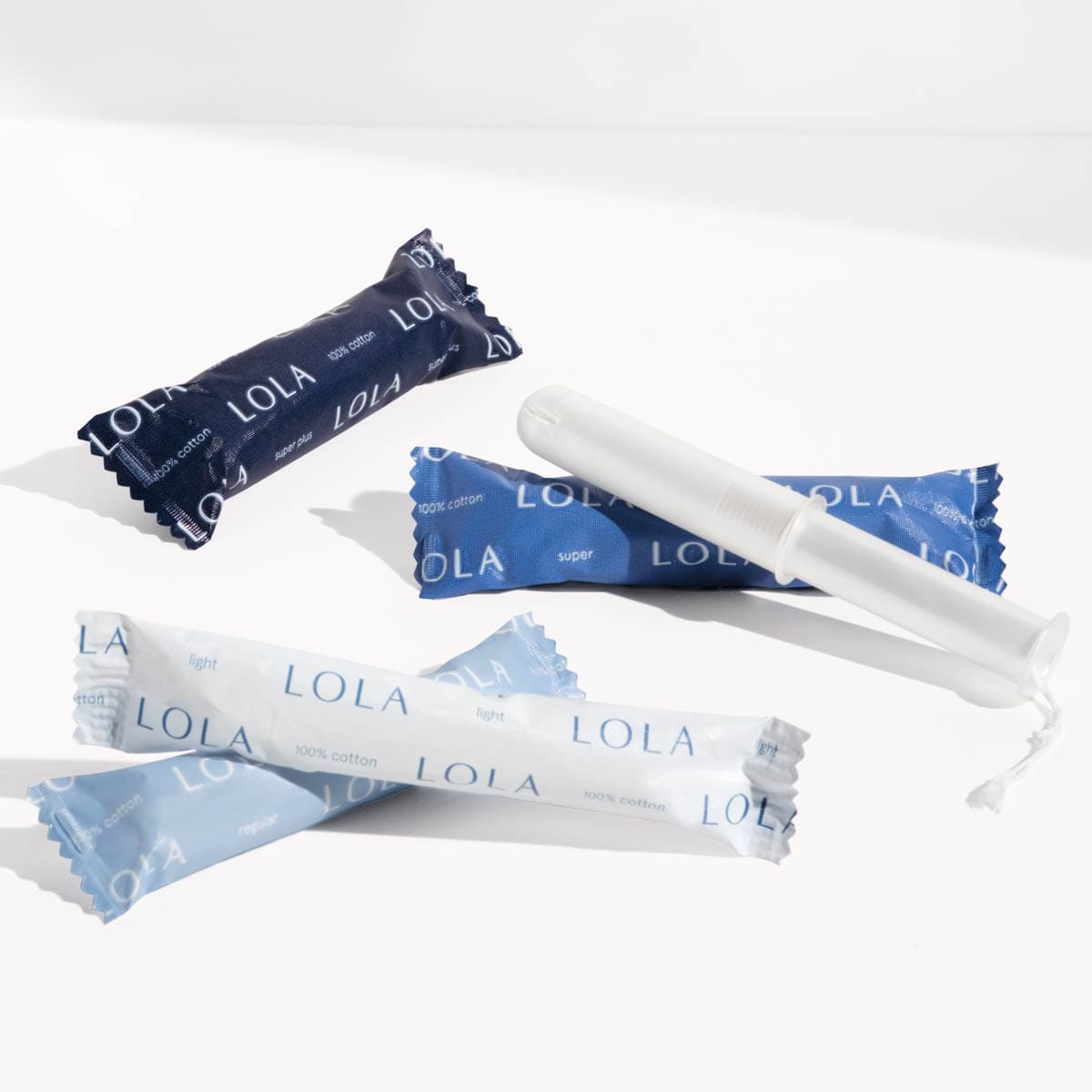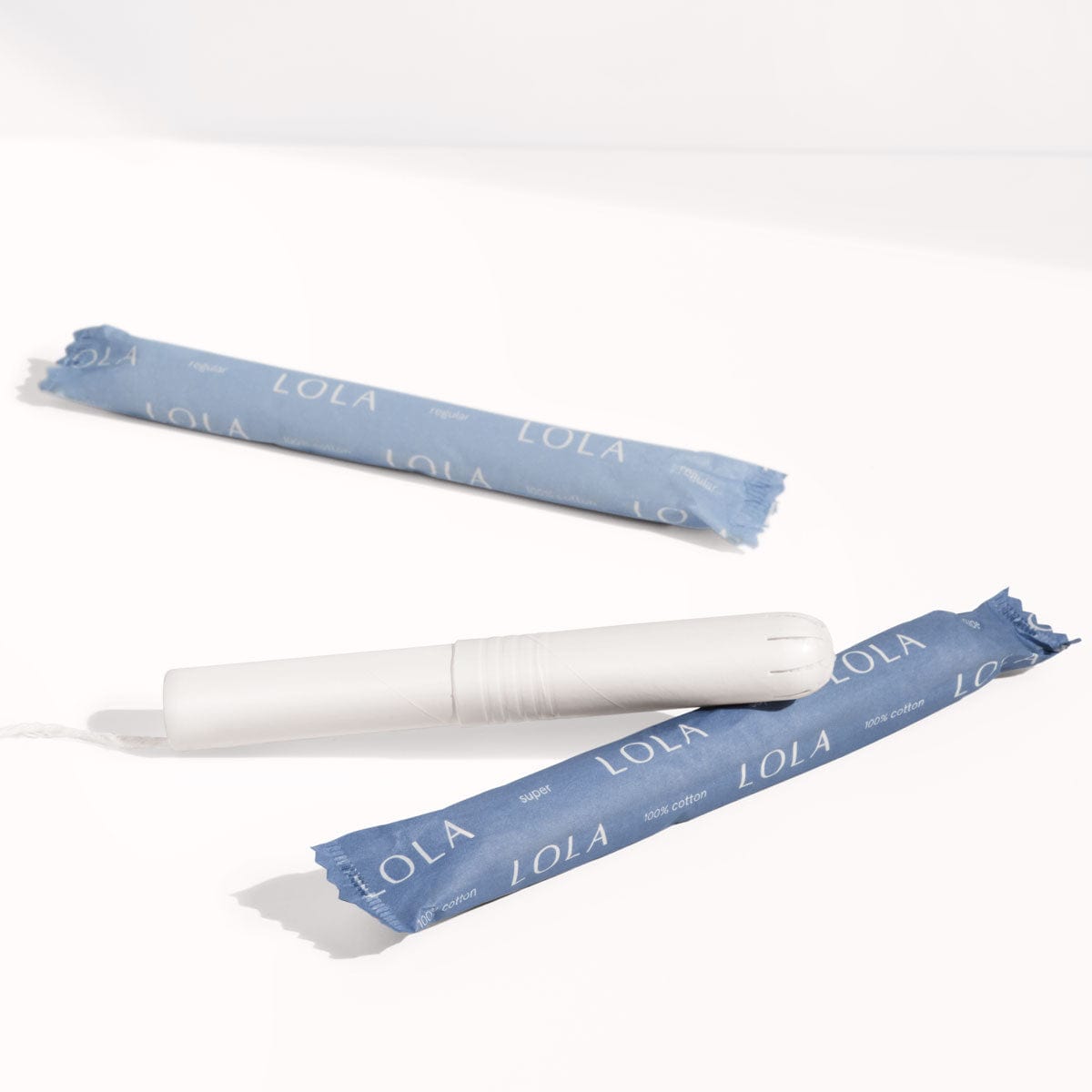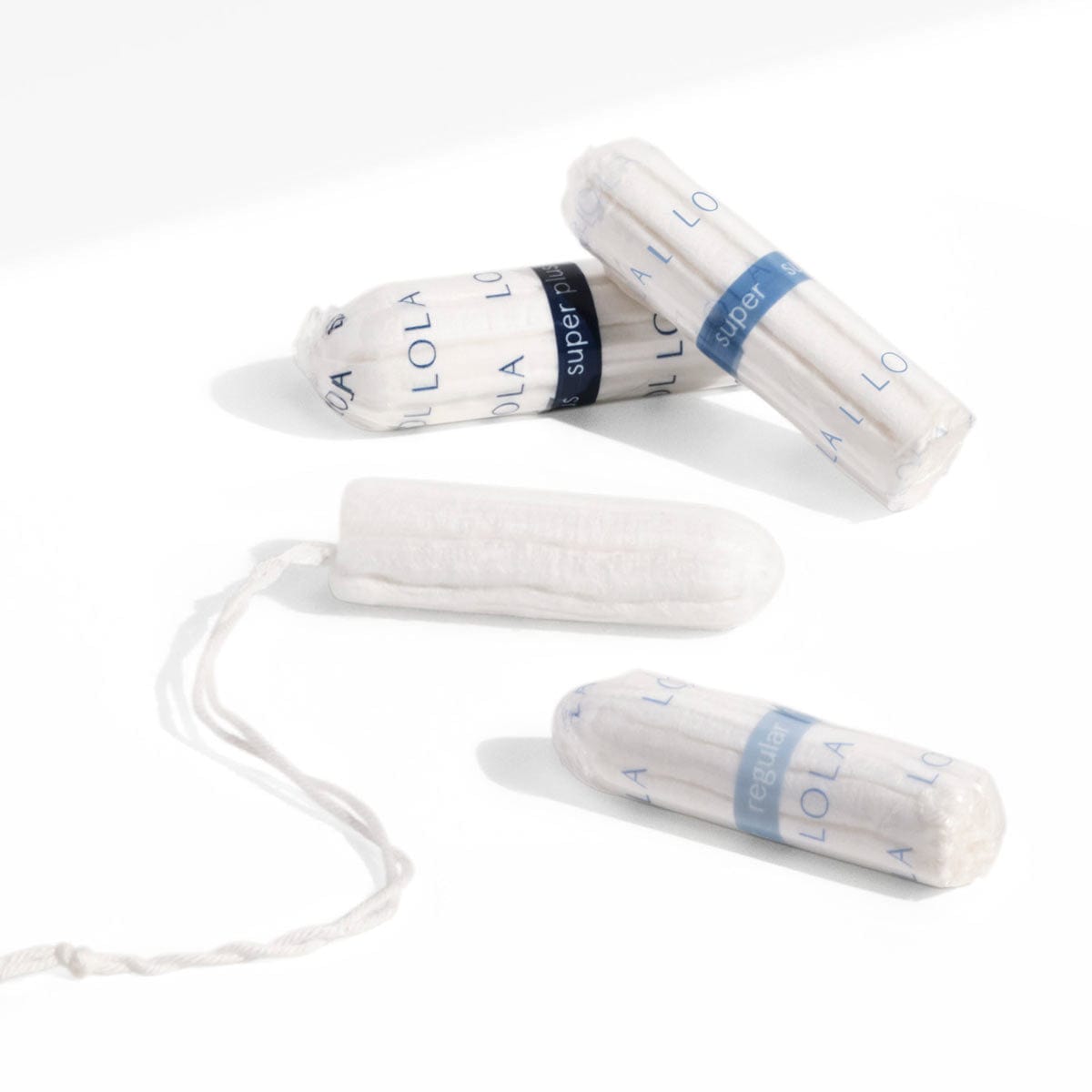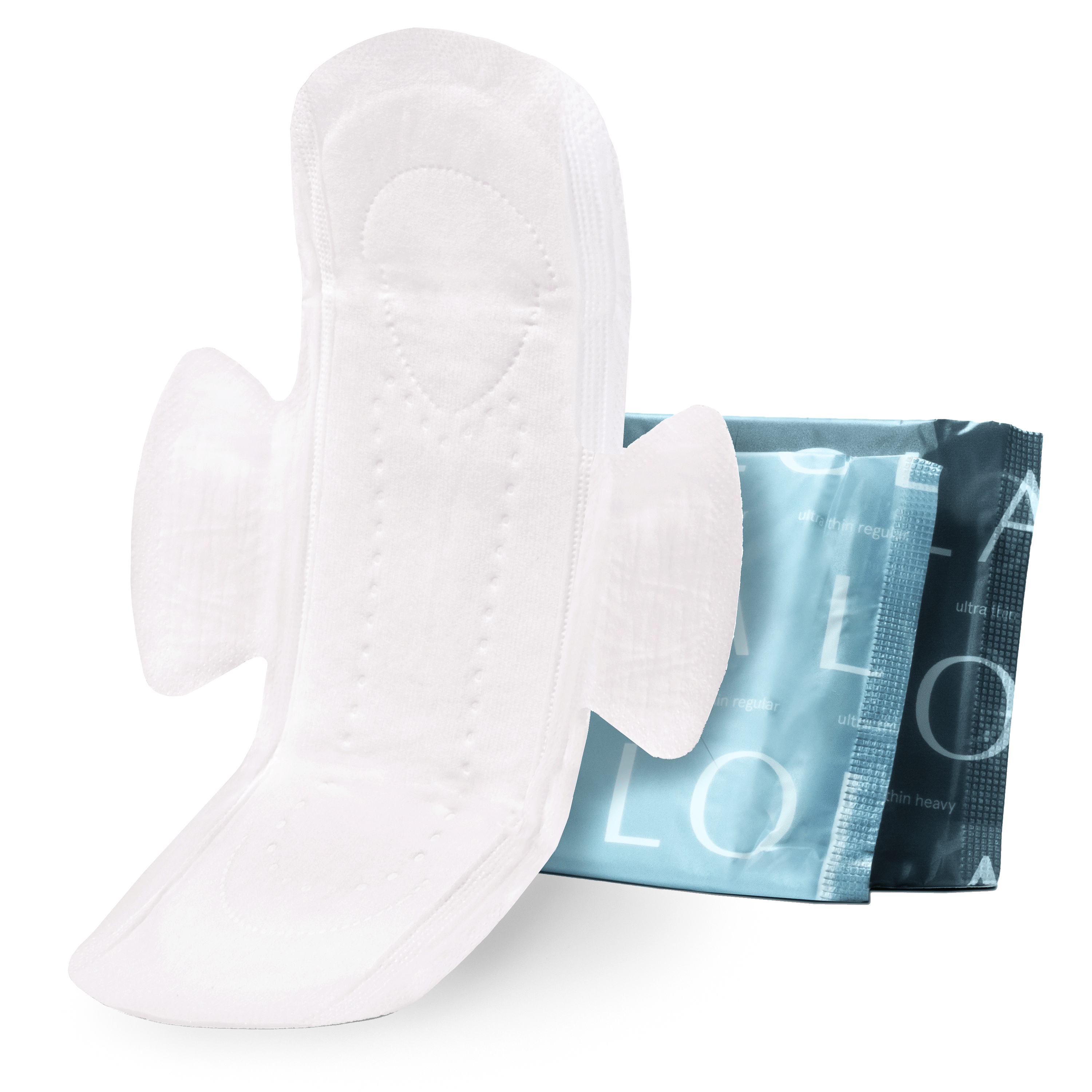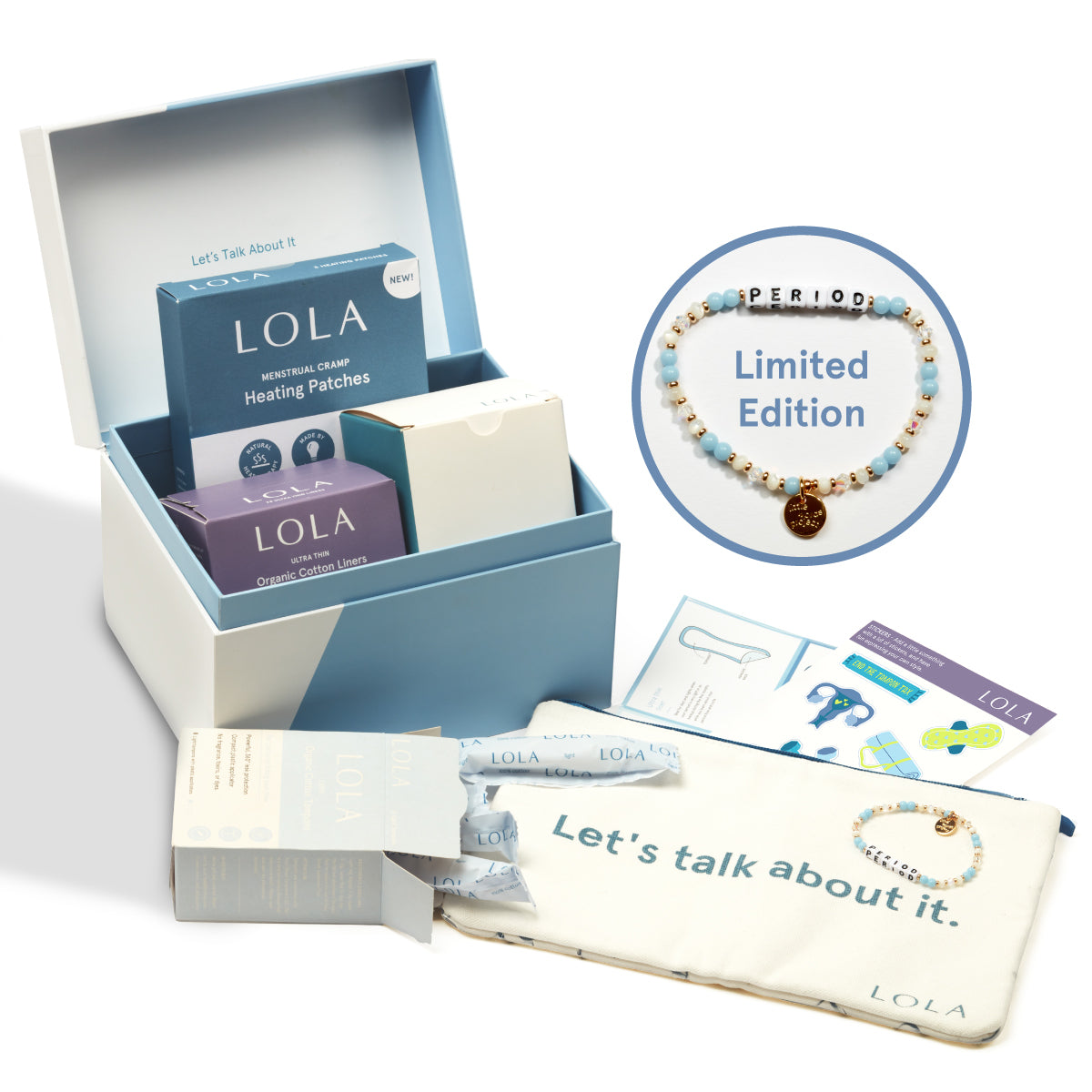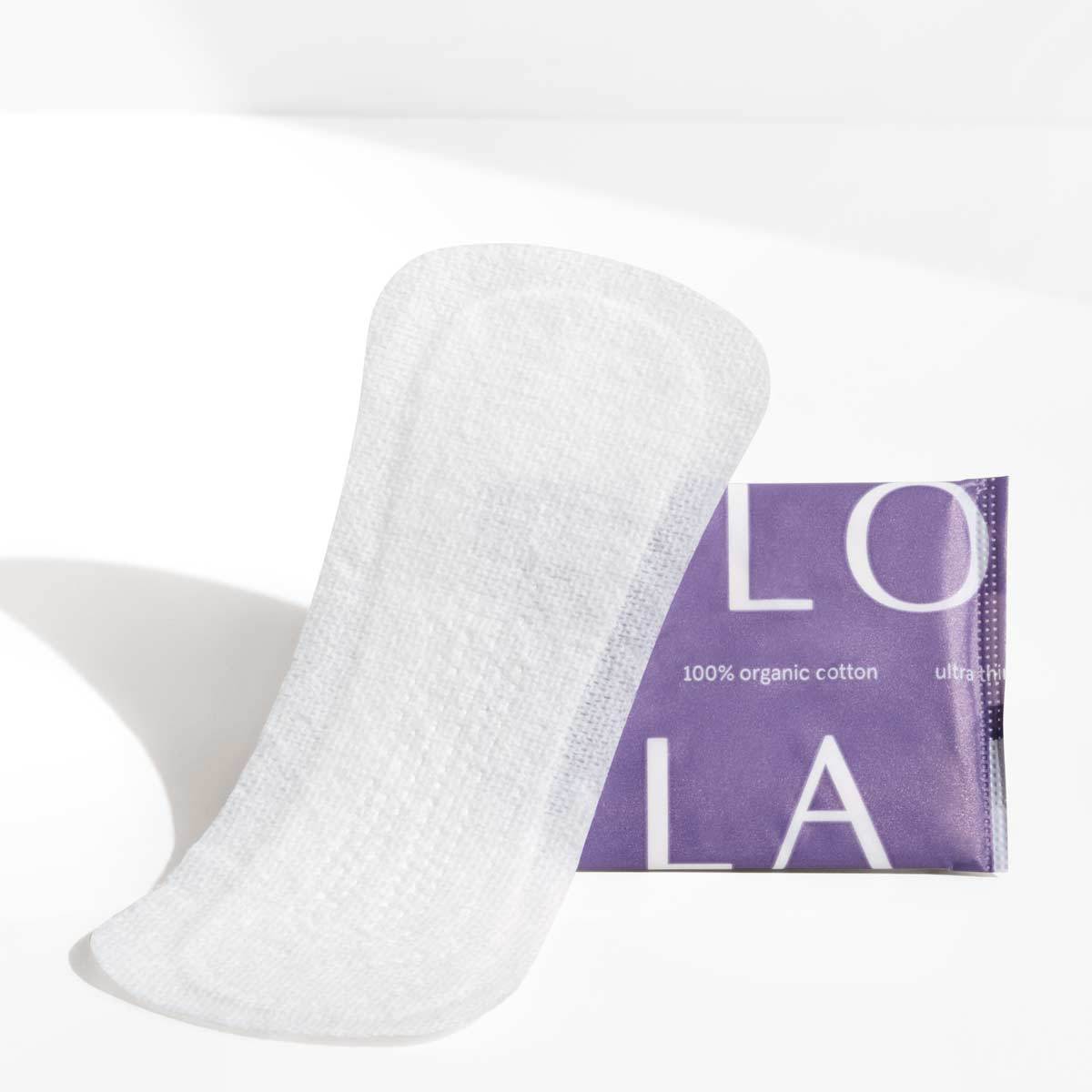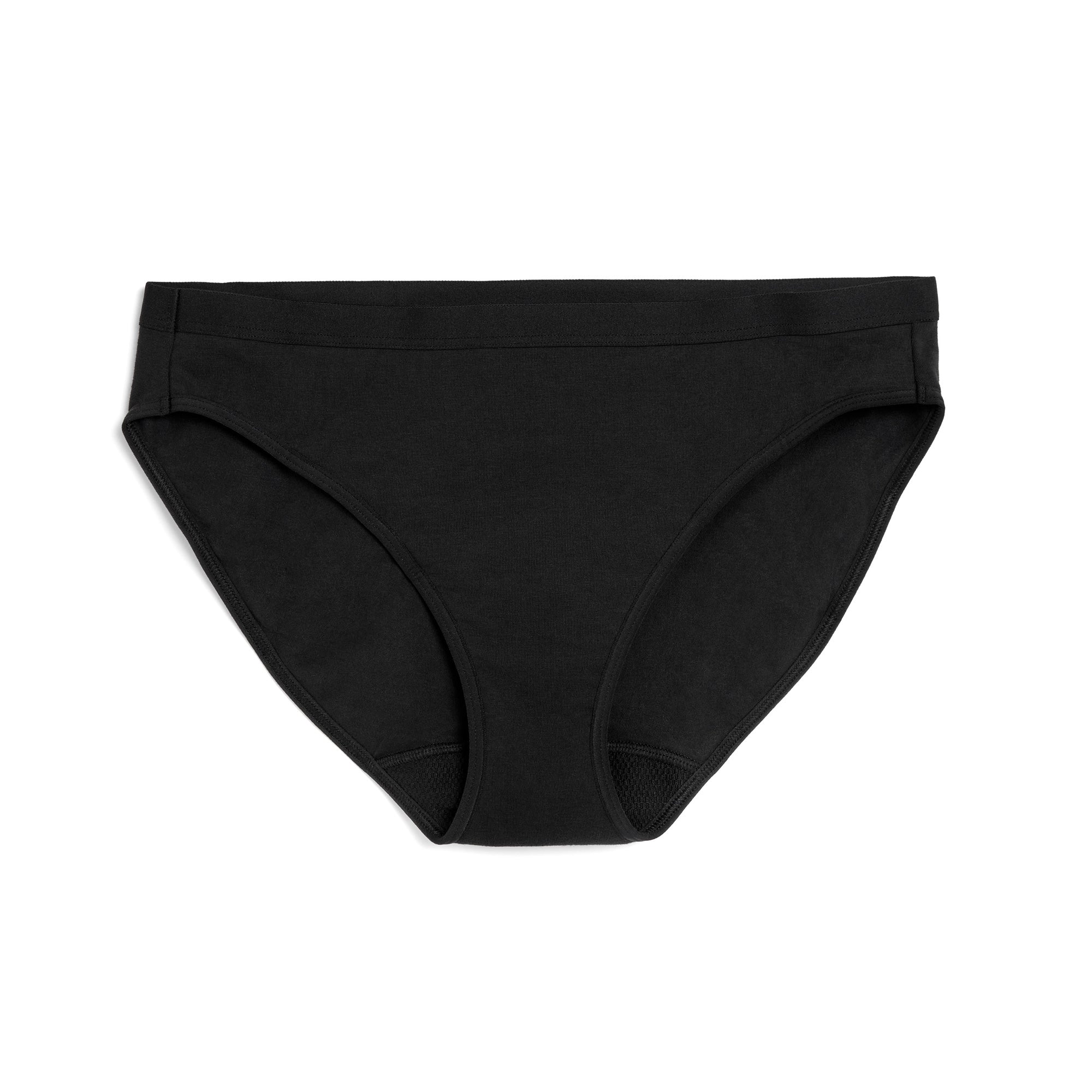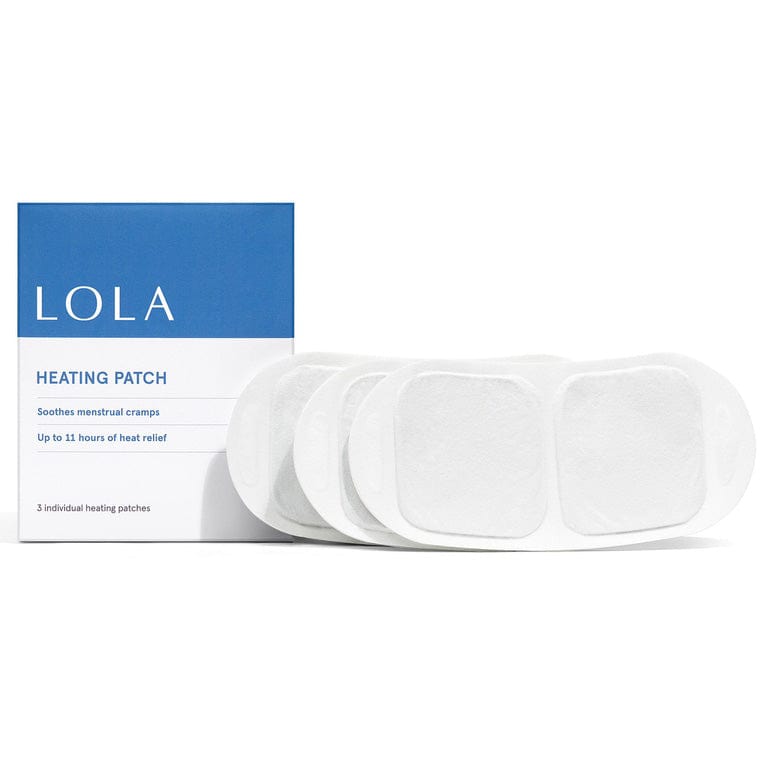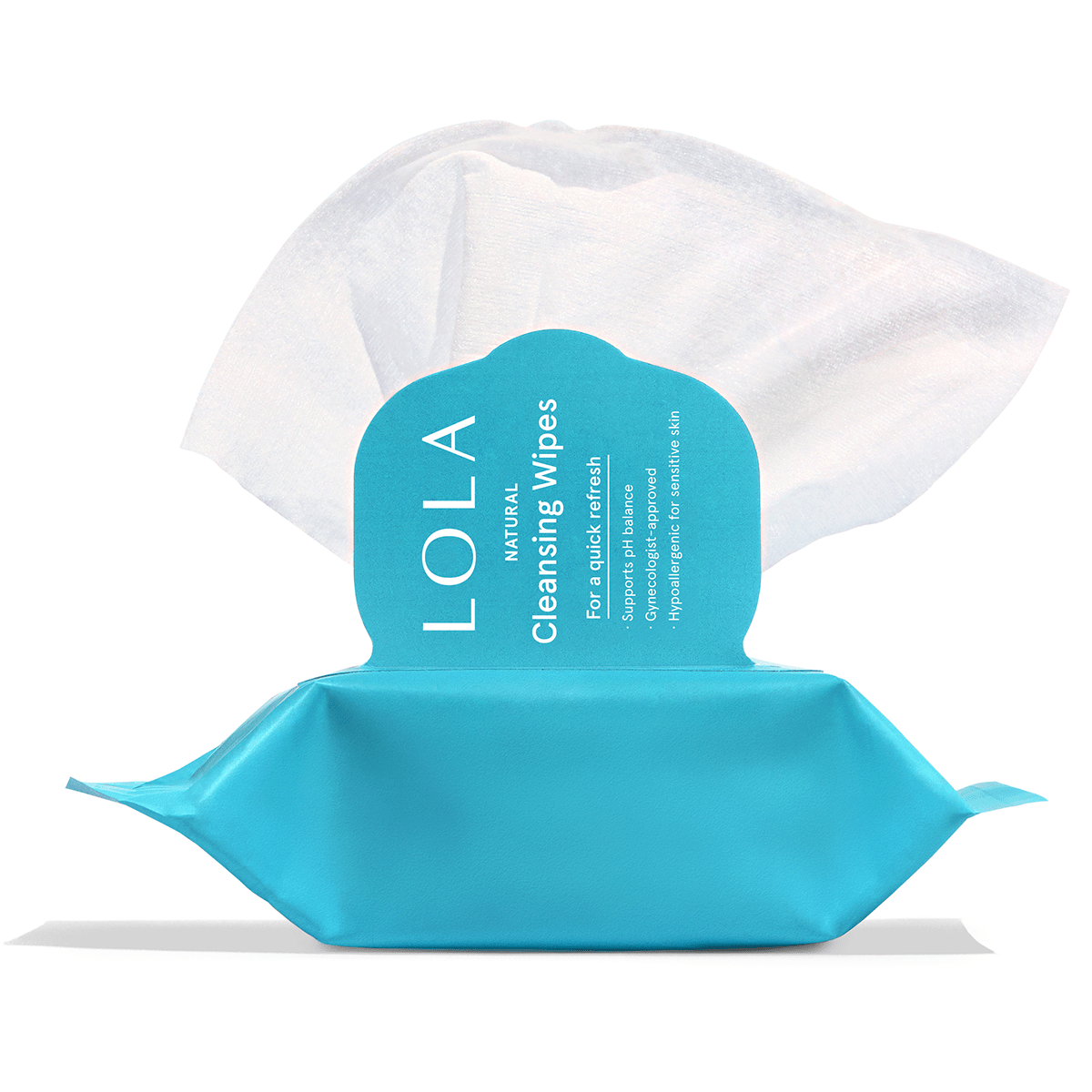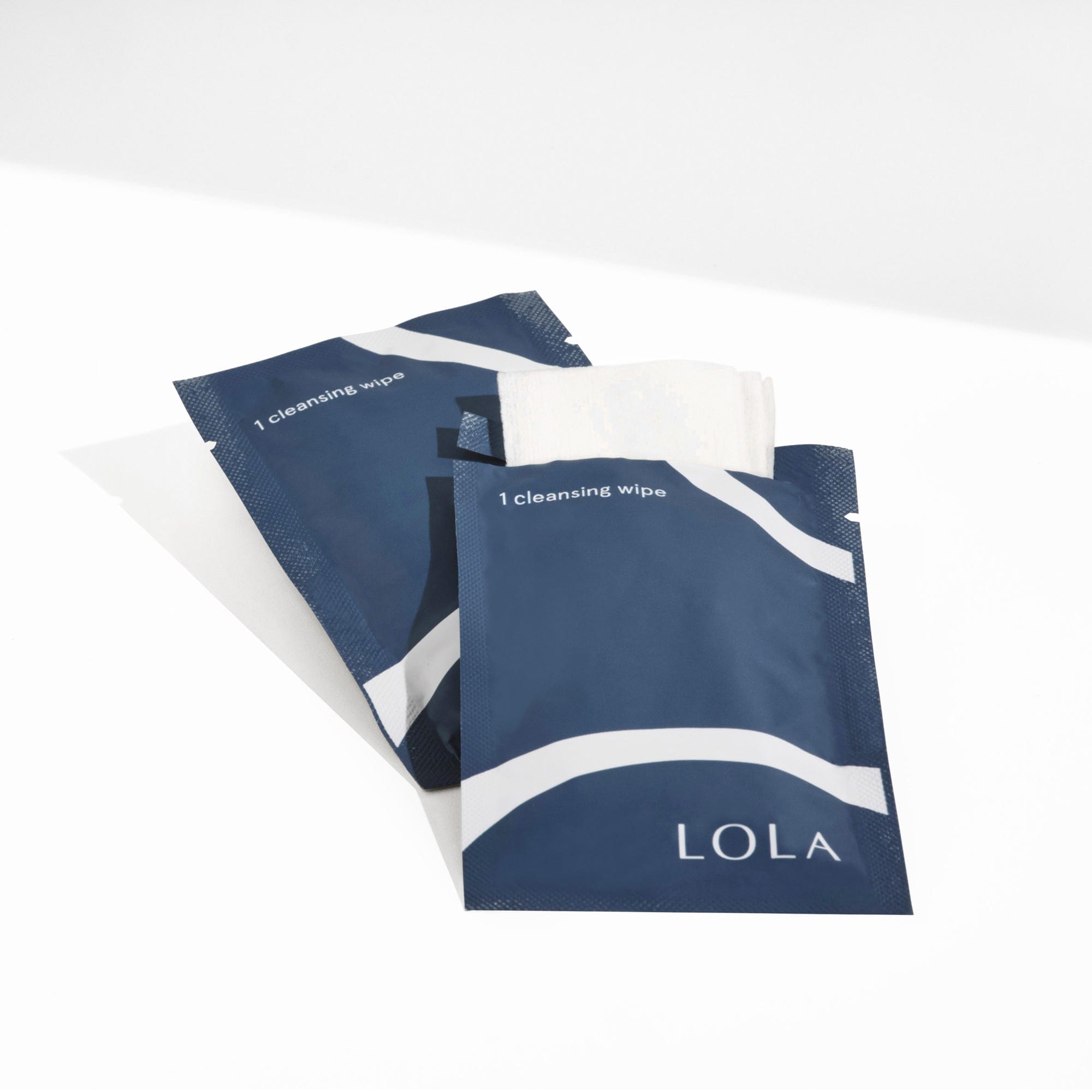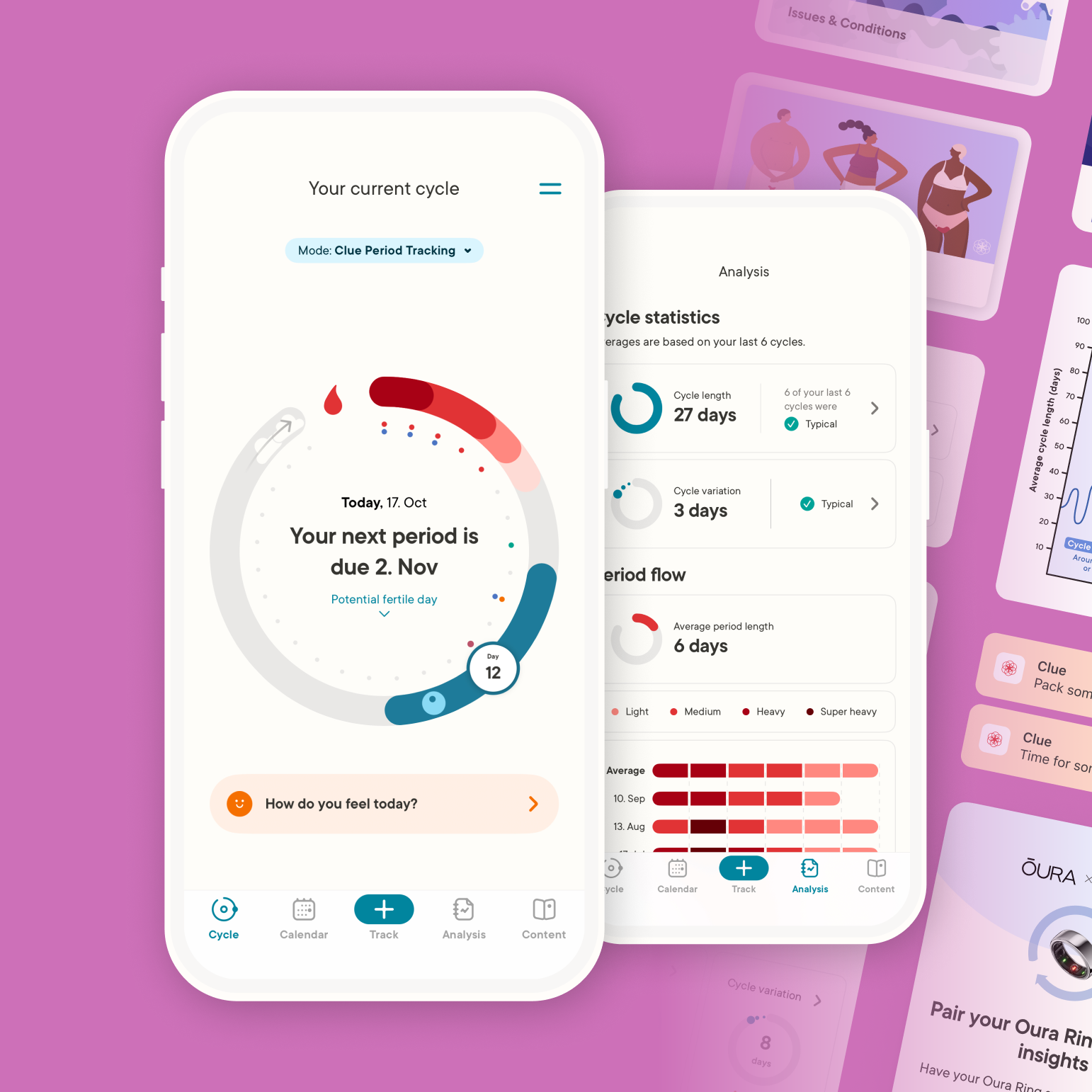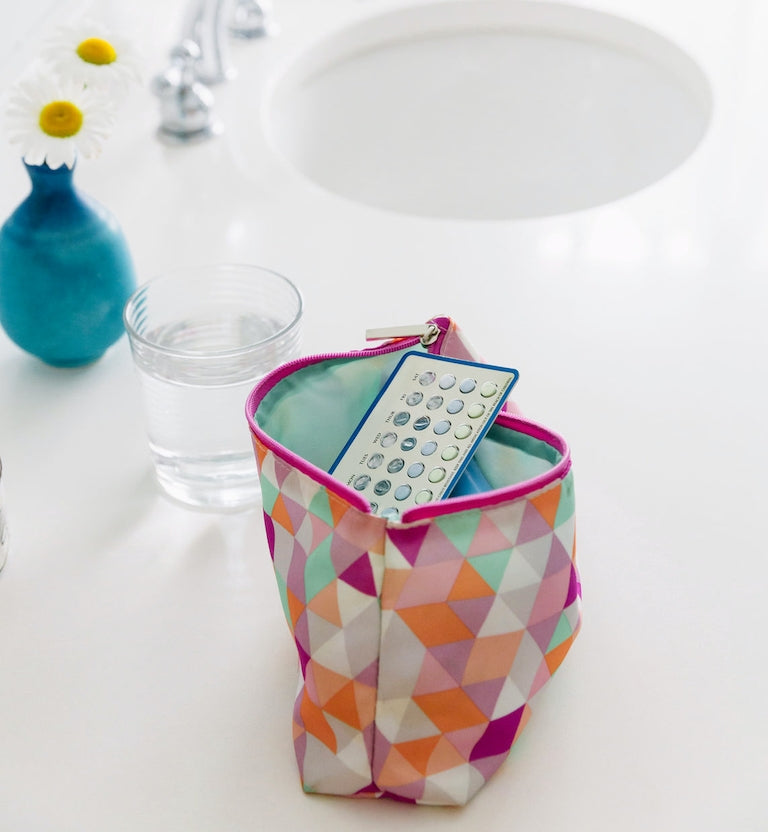Days of cramps, bloating, mood swings, fatigue, and cravings "“ every single month. PMS symptoms are a pain, and it's little comfort that almost all of us get them (at least 85 percent of women experience at least one symptom). It's also no wonder that 31 percent of hormonal birth control users take the pill, at least in part, to control PMS symptoms. But does the pill really succeed in completely eliminating PMS? Take an informal survey of friends who take the pill and you'll find that, for many, the answer is no. So what's the deal?
First, we need to understand what's in that pill you're taking every day. Most active pills contain a combination of synthetic progesterone and estrogen. They work to suppress the release of follicle-stimulation hormone and luteinizing hormone, two hormones that drive ovulation " as long as your estrogen and progesterone are high, you won't ovulate. When you're not on the pill, a natural drop in progesterone and estrogen triggers PMS symptoms and menstruation. But when you're on the pill and taking synthetic versions of those hormones, you don't get that natural dip. No natural dip, no period " and no PMS symptoms that comes with those hormonal changes,right?
Well, not always. While you may not be getting a natural dip in hormones, you are still getting a dip if you're on birth control with three weeks of active pills (pills with the synthetic hormones) and one week of sugar pills (aka the pills you take just to stay in the habit of taking a pill at the same time every day). When you start that week of sugar pills, your body reacts to the sudden lack of synthetic hormones with what looks like a period, but is technically called withdrawal bleeding.
Dr. Navya Mysore, a primary care physician and director at One Medical, explains that this can also be seen when coming off of birth control.
The symptoms you can have are a result of the shift in hormones as you come off birth control and your natural production of hormones picks up. These changes can lead to a variety of symptoms including period irregularity. For most women, this transition typically lasts for a month or two before their body finds a new hormonal balance. However, if your period remains irregular for more than two to three cycles I would recommend talking to your primary care doctor to investigate further.
That drop in synthetic hormones is also responsible for PMS symptoms. But just like you may have noticed that your withdrawal bleeding is lighter and shorter-lived than your "normal" period, your PMS symptoms may be less intense, too. Key word may. Because being on hormonal birth control still changes up the mix of hormones in your body overall, only some users experience that blissful reduction in symptoms even during the sugar pill week. Bodies are different, so some don't respond that way. Part of that has to do with your natural balance of progesterone and estrogen in your body, not just overall highs and lows: Having more progesterone than estrogen can bring on PMS symptoms, whether we're talking the natural amounts in your body or the synthetic hormones in your birth control pill.
That's why some users " as many as 17 percent " skip the sugar pill week altogether. Instead of three weeks of the active pill and one week of the sugar pill before starting a new pack, they continue taking active pills, keeping their levels of progesterone and estrogen high and their PMS symptoms at bay. The practice has been the subject of plenty of debate, but don't worry, it's perfectly safe for most people. You can even get "extended" hormonal birth control pills, like Seasonique, which contains three straight months of active pills before a sugar pill week.
Bottom line? Sorry, there's no guarantee that the pill will completely get rid of your PMS symptoms for good " but there's a good chance it'll go a long way in easing them.
